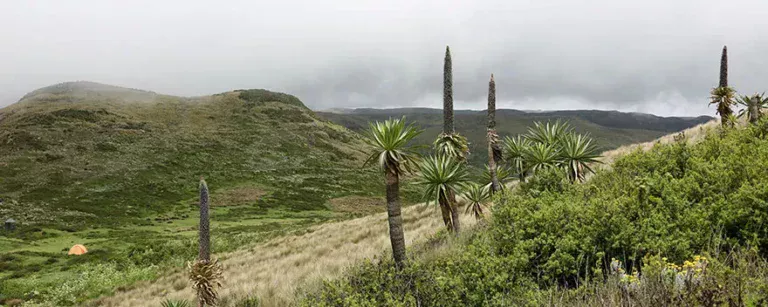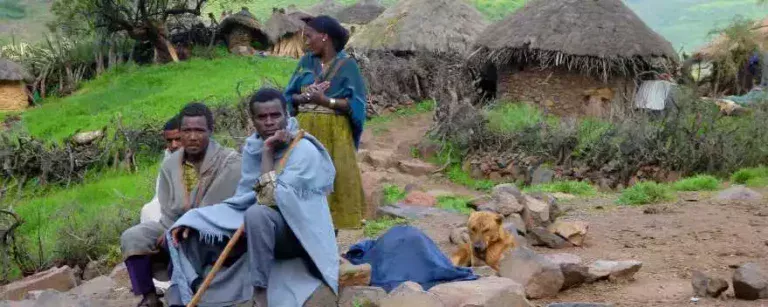TIMKET (THE FESTIVAL OF THE THREE MAGI – EPIPHANY)
Timket is the most colourful festival in Ethiopia, in the course of which priests carry to the nearest water area the replicas of the Arc of the Covenant. The purpose of the ceremony is celebrating the memory of the christening of Christ in the River Jordan, and it takes place on 19th January, two weeks after Ethiopian Christmas. The replicas of the Arc, called Tabot, are carried out in the afternoon, on the day preceding the Festival of the Three Magi (Epiphany). Prayers and meditations are in progress throughout the entire night. On the second day, the blessing of water takes place, and afterwards the entire gathered are also blessed.
MESKAL (THE “FINDING OF THE TRUE CROSS” DAY)
The Festival of Meskal is commenced on 26th September and lasts for two days. It commemorates the finding of the relics of the Cross of Lord by Saint Helena, the mother of Constantine the Great. The word „meskal” means in the Amharic language „cross”. This festival is as colourful as Timket, but instead of water, fire is the object of celebrations. In the center of the ceremonial venues, there are bonfires topped with crosses decorated with flower. Priests, in ceremonial robes, bless the Bonaire before it is lit. The festival coincides with the period of blooming of the golden-yellow flowers called Meskal Daisies, which in the Amharic language are called “Adey Ababa”. These flowers are the symbol of the arrival of a new year after the end of the rain period.
GENNA (CHRISTMAS)
Christmas is referred to as ‘Lidet’ in the local language, Amharic, and it is one of the important festivals for the Christians of Ethiopia. It is celebrated on 7th January, and is completely different than Christmas as celebrated, for instance, in Europe. It is celebrated by a procession, marching throughout the entire night, from one church to another. After returning from a church, feasting is commenced. A traditional dish is “Doro Wat” (pronunciation: doro wot) – a spicy sauce with chicken consumed with injera. During this time, traditionally, young people also play the game called genna which is similar to hockey.
FASIKA (EASTER)
This is a far more important festival for Orthodox Tewahedo Christians than Christmas. It is preceded by the 56 days of fasting, in the course of which no products of animal origin may be consumed. It applies not only to meat, but also to milk and eggs. Preparations for the cheerful time of Resurrection are commenced on Easter Friday. The celebrations go on throughout the Saturday night, until 3 o’clock in the morning, at which time the faithful come back home to start celebrating there. The end of the lent is marked by a colourful festival lasting for two and a half days.










